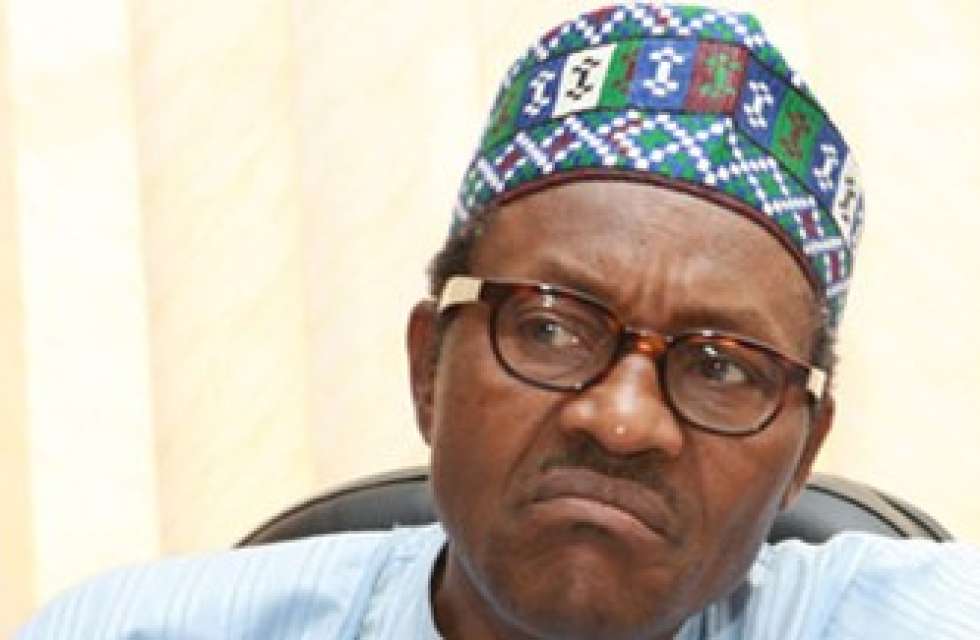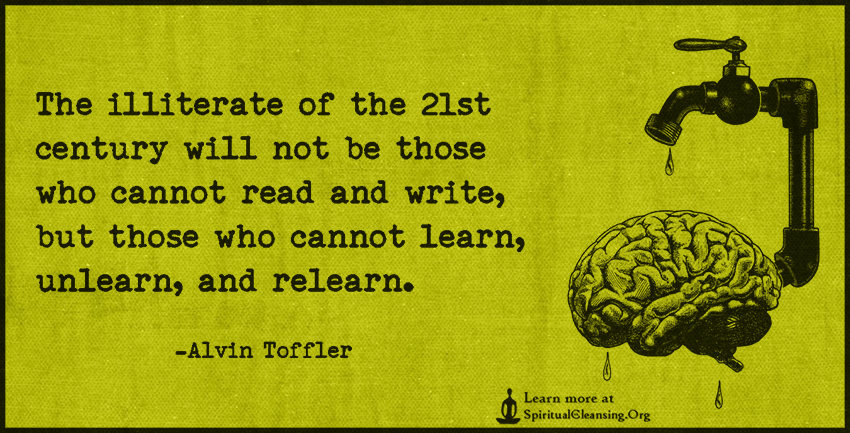It is a new day of a new month in a new year. Besides, thank God it’s Friday, the day of blessing!
For Nigeria, it is a new dawn and it is auspicious to start on a note of gratitude. We thank the Almighty God that despite the challenges of last year, I mean the capricious campaigns and the keenly-contested elections, Nigeria belied the speculations of the prophets of doom and the country emerged stronger.
In this regard, if the year 2015 started on a note of apprehension and anxiety, the year 2016 is beginning on a note of optimism and hope. The optimism derives from the fact that for now, Nigerians have a leader they can be proud of in terms of antecedents and character. There is every reason to hope for a better Nigeria, given the commitment and sincerity with which President Muhammadu Buhari has been steering the nation for the past seven months.
In giving this pass mark, one is not naïve to suggest that Nigerians are not facing difficulties imposed by a Boko Haram in its animated gasps for breath in the last throes of death and the fuel scarcity induced by those who are fighting back. The general attitude of Nigerians is that the sacrifice is worthwhile as there is every indication that 2016 will be better for us all.
The Buhari effect is already in the air. Earlier in the week, the BBC compiled the best quotes from Africa in 2015 and Nigeria, unlike how the case was in the years of the locusts, did not lead from behind. The quotes of President Buhari top a list that includes those of other personalities and Presidents, including Barack Obama of the United States.
“I belong to everybody and I belong to nobody”, “We must change our lawless habits, our attitude to public office and public trust. We must change our unruly behaviour in schools, hospitals, market places, motor parks, on the roads, in homes and offices”, and “To bring about change, we must change ourselves by being law-abiding citizens” are deemed the best quotes from Africa. It is cool that Nigeria keeps that slot, whatever it is worth, even if it is merely symbolic.
What is interesting is that incidentally, the quotes have largely informed what we have been experiencing since the past seven months. That President Buhari belongs to nobody and belongs to everybody is evident in the Dasukigate whose key actors, as known now, are from the North. The message is that here is a President that towers above sentiments and would rather be concerned about truth and propriety. This Buhari effect is badly needed in the way we run our affairs in Nigeria.
Besides, the two quotes on the imperative of changing our lawless habits have also defined this administration and there is hope that lawlessness will soon be fading from the terrain of our national psyche. Though it was unfortunate and largely inexcusable, the tragedy of Zaria would serve to warn us that we must conduct ourselves lawfully and avoid trampling on the rights of others. The same thing applies to all those who have abused “public office” and betrayed “public trust” having their time with the Economic and Financial Crimes Commission (EFCC) and the Independent Corrupt Practices and related offences Commission (ICPC) now.
Apart from the quotes which BBC re-focused our attention on, the first media chat of President Buhari also set the tone of hope for Nigeria this new year. Generally, it was a good outing for the President as his sincerity could not be faulted in saving Nigeria from Nigerians. The issues that were addressed at the media chat are those that bother Nigerians and border on national security.
The Buhari effect in the media chat, which hopefully will inspire us in the year, includes contentment (“I turned down a N400 million car proposal for the presidency. I said the cars I have are good enough for 10 years”), tact (“My VP is quoted on N5,000 per youth pay, how can I come here and deny it?”) and integrity (“ I declared my assets four times…I don’t have to ask them (Code of Conduct Bureau) to give you the asset declaration…You have a constitutional right to the documents….Members of the cabinet are supposed to declare their assets”).
Besides, other components are resolve (“You can see the type of atrocities that those people committed against soldiers and the country. The former president goes to the governor of the Central Bank and say, ‘give N40bn to so, so, so’… And then he fails to account for it and you allow him to go and see his daughter in London while you have two million people in IDPs, half of them don’t even know their parents. Which kind of country do you want to run?” and honesty (“I don’t know whether Chibok girls are alive”) among others. Happy new year of hope!
BUHARI’S FAUX PAS, MURIC’S KICK
According to the Yoruba, “We cannot walk so well that our heads will not shake” and to the Arabs, “Every invincible horse has missed steps.” These two proverbs summarise my attitude to President Muhammadu with reference to a portion of his submissions during his first Presidential Media Chat two days ago. His suggestion that “the Hijab will have to be banned if this (suicide bombing) continues” is a faux pas, a mis-speak.
The truth is that the Muslim Rights Concern (MURIC) spoke the mind of Muslims in its immediate release by its dynamic Director, Prof. Ishaq Akintola. “The Muslim Rights Concern (MURIC) rejects any idea of imposing a ban on hijab. It is escapist. It is scapegoatism. It will open the floodgates of anarchy. Instead of solving Nigeria’s security problems, it is most likely to compound it. If army and police uniforms are not banned although they are often used by bandits, why should we ban hijab?” the group asks rhetorically.
MURIC’s conclusion is trenchant: “Buhari and his security chiefs must therefore find other means of stopping the bombings. They should leave Muslim women alone….They must not use Muslim women as scapegoats. On a final note, we opine that banning hijab will be a mark of victory for Boko Haram. The insurgents will celebrate their success in causing so much confusion and such wide division between the government and its Muslim citizenry.”
MURIC’s logic is infallible. It is up to President Buhari not to pander to the antics of those who want to set him against more than half of the Nigerian population and a vast majority of those who voted him in for change.






Leave a Reply